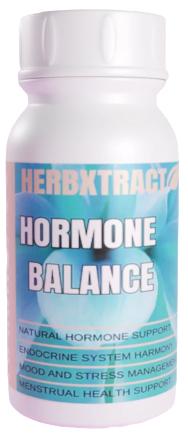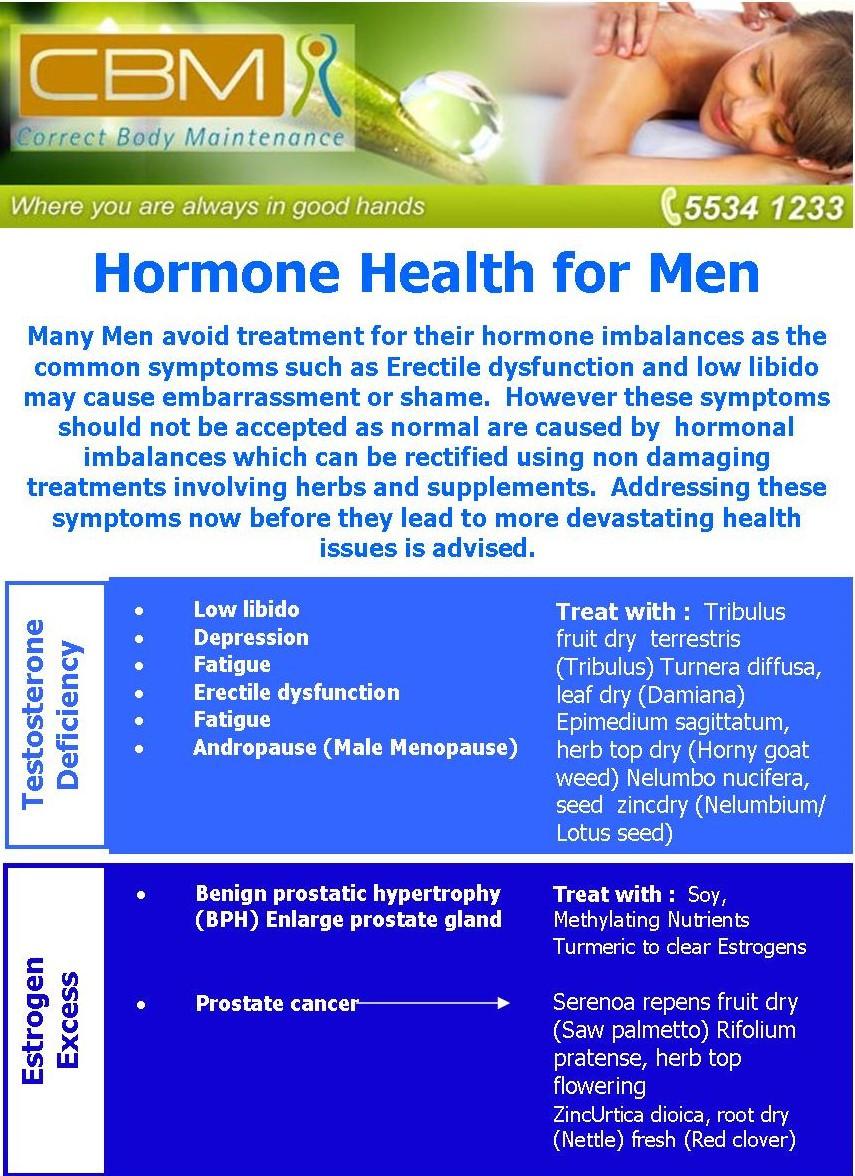In the intricate symphony of human health, hormones play the role of an unseen conductor, orchestrating a delicate balance that influences every aspect of our well-being. Among the many elements they govern, sleep stands out as a vital yet often underestimated component. While much attention has been paid to the impact of hormones on women’s health, the interplay between hormonal health and sleep quality in men is an equally compelling narrative deserving of exploration. As we delve into this fascinating connection, we uncover how hormonal fluctuations can dictate the rhythm of sleep, affecting everything from energy levels and mood to overall health. Join us as we unravel the threads of this intricate relationship, shedding light on how men can achieve better sleep through understanding and optimizing their hormonal health.
Balancing Act: Hormones and Their Nightly Influence
In the intricate dance of bodily functions, hormones play a pivotal role in orchestrating the symphony of sleep. Testosterone, often hailed as the cornerstone of male vitality, fluctuates in a daily rhythm, peaking in the morning and tapering off by evening. This ebb and flow are crucial for restorative sleep. When testosterone levels dip too low, it can lead to fragmented sleep cycles, leaving men feeling groggy and unrested. Meanwhile, cortisol, the stress hormone, should naturally decline at night to allow for a peaceful slumber. However, elevated cortisol levels can disrupt this balance, resulting in insomnia or restless nights.
- Melatonin: This sleep-inducing hormone is triggered by darkness, guiding the body into a state of calm.
- Growth Hormone: Secreted during deep sleep, it aids in muscle repair and overall recovery.
- Leptin and Ghrelin: These hormones regulate appetite, and their imbalance can lead to sleep disturbances and increased hunger.
Understanding the nightly influence of these hormones provides insight into achieving better sleep quality. By maintaining hormonal harmony through lifestyle adjustments such as regular exercise, a balanced diet, and stress management, men can enhance their sleep patterns and overall well-being.
Decoding the Hormonal Symphony of Sleep in Men
The intricate dance of hormones during sleep is akin to a symphony, where each hormone plays a vital role in ensuring a restorative slumber for men. Testosterone, a key player in male health, peaks during the early phases of sleep, predominantly during REM cycles. Its production is intimately linked with the quality and duration of sleep, creating a feedback loop where poor sleep can lead to reduced testosterone levels, which in turn, may affect sleep quality further. Another crucial hormone, cortisol, known as the stress hormone, should ideally decrease at night, allowing for a calm and uninterrupted sleep. An imbalance in cortisol levels can lead to insomnia or restless sleep, thereby affecting overall hormonal harmony.
Melatonin, often dubbed the sleep hormone, orchestrates the body’s internal clock, signaling when it’s time to wind down. For men, maintaining optimal melatonin levels is crucial, as it not only promotes sleep but also supports immune function and mood regulation. Here are a few key factors that can disrupt this delicate hormonal balance:
- Irregular sleep patterns
- Excessive exposure to blue light from screens
- High levels of stress and anxiety
- Poor diet and lack of exercise
Understanding these elements can empower men to make informed lifestyle choices that enhance both their sleep quality and hormonal health, creating a harmonious cycle of rest and rejuvenation.

Sleep Quality Unveiled: The Role of Testosterone and Cortisol
Sleep quality in men is intricately linked to the delicate balance of hormones such as testosterone and cortisol. These hormones play pivotal roles in regulating various physiological processes that impact how well we sleep. Testosterone, often associated with vitality and energy, also contributes to sleep regulation by influencing the duration and quality of deep sleep phases. On the other hand, cortisol, known as the stress hormone, can significantly disrupt sleep patterns when its levels are elevated, especially at night.
- Testosterone’s Role: Promotes restorative deep sleep, crucial for muscle repair and cognitive function.
- Cortisol’s Influence: Elevated levels can lead to insomnia and fragmented sleep, as it heightens alertness.
- Balance is Key: Maintaining optimal levels of both hormones can enhance sleep quality, leading to improved overall health.
Understanding the interplay between these hormones offers a pathway to enhancing sleep quality. Lifestyle changes such as regular exercise, stress management, and a balanced diet can help in maintaining this hormonal harmony. By prioritizing hormonal health, men can unlock the secrets to better sleep and, consequently, a more vibrant life.

Practical Steps to Harmonize Hormonal Health and Restful Sleep
Understanding the intricate balance between hormonal health and sleep quality can empower men to make informed lifestyle choices. Here are some practical steps to nurture this harmony:
- Prioritize Consistent Sleep Patterns: Establish a regular sleep schedule by going to bed and waking up at the same time each day. This helps regulate the circadian rhythm and promotes hormonal balance.
- Mindful Nutrition: Incorporate foods rich in omega-3 fatty acids, such as salmon and walnuts, to support testosterone production. Avoid excessive sugar and caffeine intake, which can disrupt sleep and hormone levels.
- Stress Management: Practice relaxation techniques like meditation or yoga to lower cortisol levels, a stress hormone that can interfere with sleep quality.
- Exercise Regularly: Engage in moderate physical activity to boost endorphins and improve sleep. However, avoid intense workouts close to bedtime as they may increase adrenaline, making it difficult to fall asleep.
- Limit Screen Time: Reduce exposure to blue light from screens before bed to enhance melatonin production, the hormone responsible for regulating sleep-wake cycles.
Implementing these strategies can lead to improved sleep quality and a more balanced hormonal environment, fostering overall well-being.








